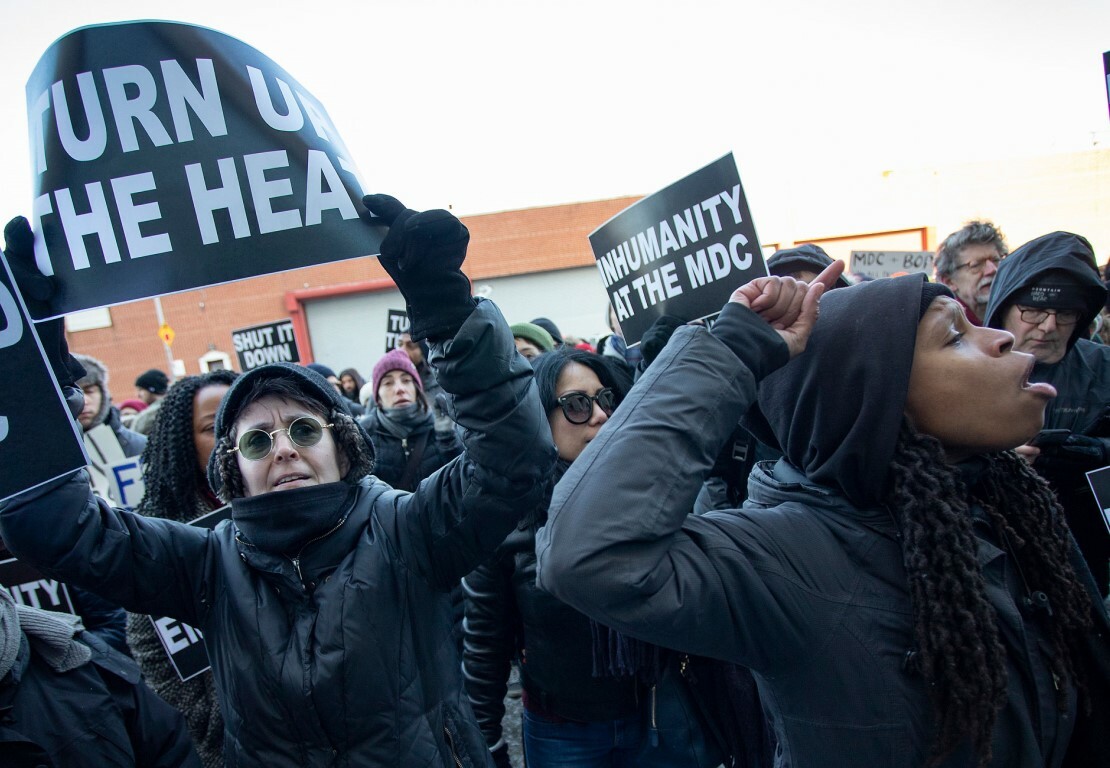Restoring Promise Initiative
Creating housing units grounded in dignity
Today, nearly 2 million people – disproportionately Black and Latino – are warehoused in cramped, inhumane prisons that lack natural light, fresh air, healthy food, and satisfactory medical and mental health care. And while in prison, young men of color experience higher rates of violence and are more likely to be sent to solitary confinement.
Restoring Promise, an initiative led by the Vera Institute of Justice and Chicano-Indigenous and formerly incarcerated-led MILPA Collective, creates housing units grounded in dignity for young adults in prison, disrupting harmful prison practices and policies through collaborative research and technical assistance. Today, the team works in Colorado, Connecticut, Idaho, Massachusetts, North Dakota, and South Carolina.
In all my years working in and around prisons, the feeling was different when I walked in. I didn’t have the same extreme heightened sense of tension. Mentally, physically, it was just different.
Andy Potter, Executive Director, Michigan Corrections Organization
Setting a new tone by transforming correctional culture
Every Restoring Promise housing unit is designed and driven by incarcerated people and corrections staff, empowering those most impacted to form a supportive community.
In Connecticut, for example, we transformed a former solitary confinement wing into a new living space for 18- to 25-year-olds. We connected the prison’s warden to thought partners across the country; redesigned the use of space on the unit to convert former cells to community spaces for learning, meditation, and conflict resolution; retrained staff and mentors; and created a new daily schedule, accountability model, and family engagement plan.
Other evidence-backed aspects of the Restoring Promise team’s approach include:
Offering mentorship for young adults, where they receive coaching from incarcerated people over the age of 25 on topics from financial literacy and conflict mediation to healthy connections with family and loved ones, helping young people prepare for a successful return to their home communities. Research shows replicating life outside of prison as much as possible decreases violence and helps incarcerated people smoothly transition home to their communities.
Aiding states with data analysis and policy support to center dignity for incarcerated people. Counseling, effective drug treatment, education, and employment programs for incarcerated people are also proven to reduce recidivism and should be drastically increased and improved.
Ensuring the public has access to what’s happening in prisons would also help keep everyone safe. Every prison system needs independent oversight and should release public data on racial disparities, discipline, and program outcomes to increase transparency and trust.Training corrections staff to help them develop leadership and conflict resolution skills that lead to decreases in violence, increases in job satisfaction, and a more positive work environment. Facilitating positive interactions between staff and incarcerated people prioritize their dignity, reduces stress, and leads to increased safety and better outcomes.
The Restoring Promise team partners with incarcerated people to prioritize fairness, dignity, and respect and transform prison culture by improving living conditions. We aim to replicate life outside of prison to ease the transition when incarcerated people return home.
Together, we can stop harming people while behind bars and instead help incarcerated people live with dignity.
Related news & stories
NEWS
Every winter brings with it new horror stories of freezing temperatures in U.S. prisons, jails, and detention facilities.
Feb 18, 2022

Stand with the Vera Institute of Justice
Help Vera fight for dignity behind bars